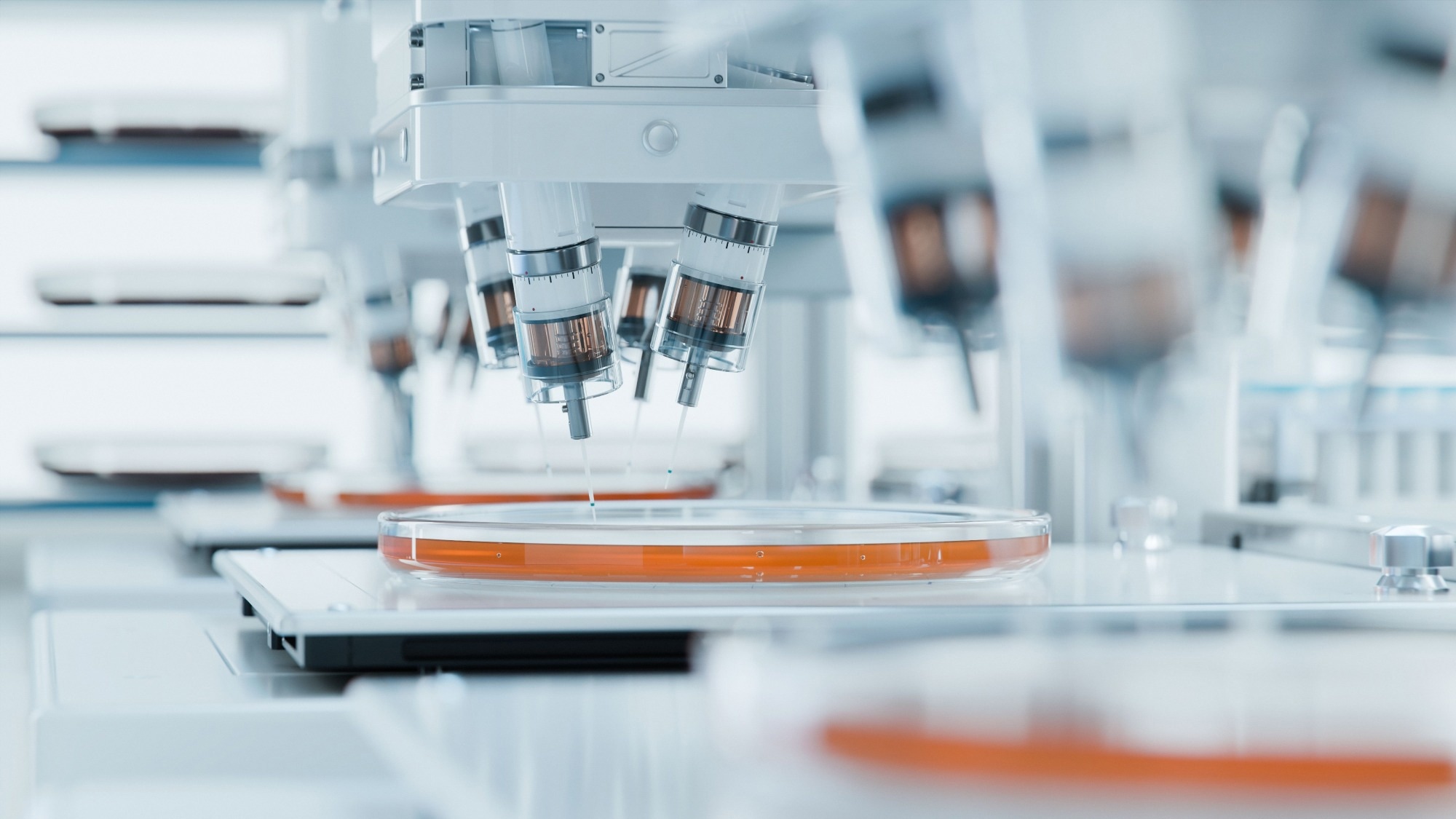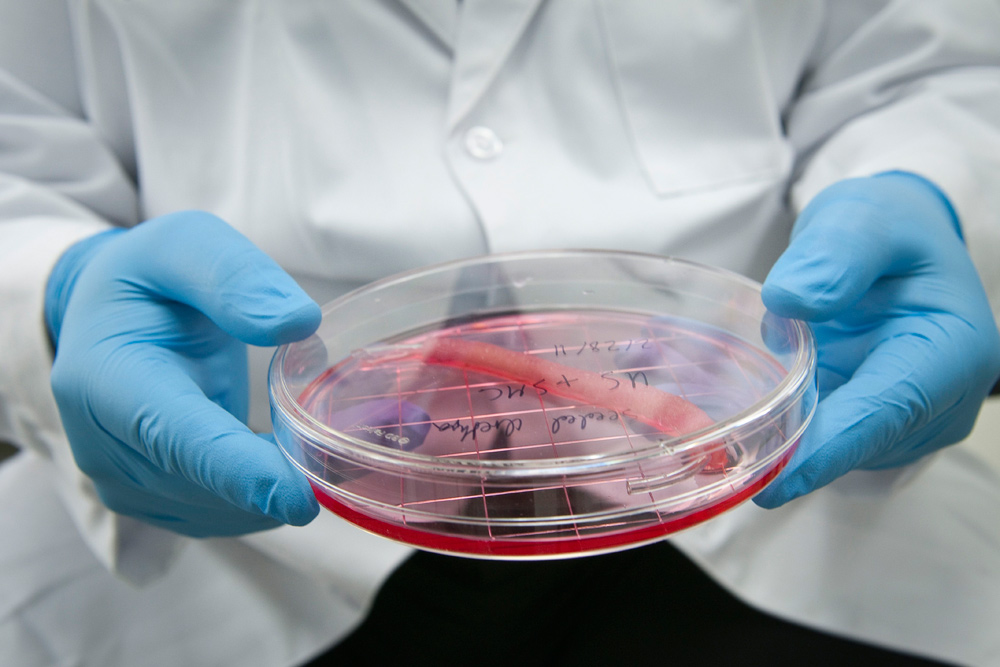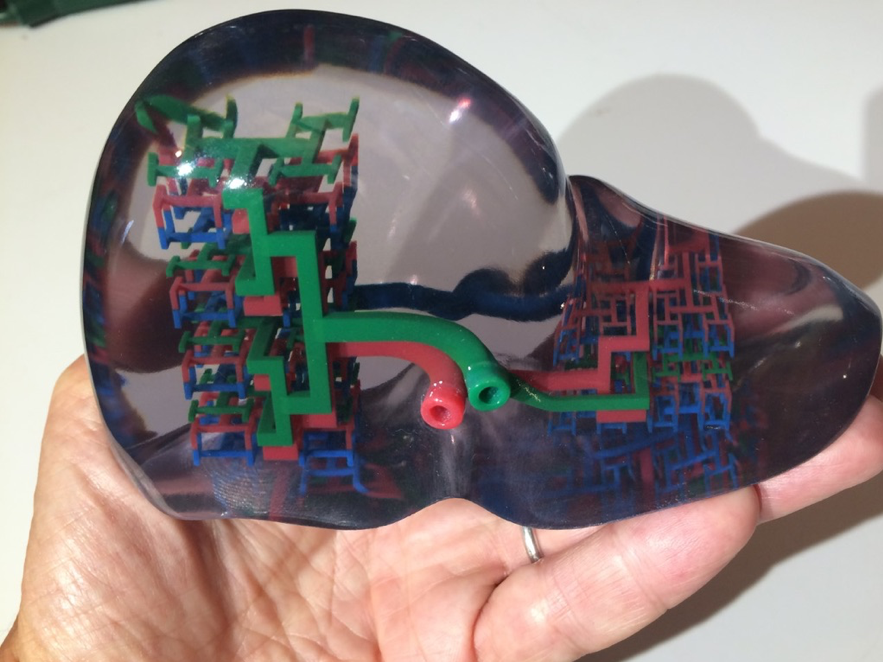In an era where cutting-edge technology and medical advancements constantly push the boundaries of human potential, the concept of radical longevity is becoming more tangible than ever. One of the most promising avenues towards this ambitious goal lies in the realm of lab-grown organs. This biotechnological innovation could indeed revolutionize healthcare, offering potential solutions to organ failure and significantly extending human lifespan.
As we delve into this fascinating topic, we will explore the science behind lab-grown organs, their potential benefits and challenges, and the implications for radical longevity.

The Science Behind Lab-Grown Organs
Lab-grown organs, also known as bioengineered or synthetic organs, are created using a patient’s own cells. This process significantly mitigates the risk of organ rejection, a common issue in traditional organ transplantation.

How are Lab-Grown Organs Created?
The process of creating lab-grown organs involves several stages:
- Cell Harvesting: Doctors extract stem cells from the patient, either from bone marrow or fat tissue.
- Organ Scaffolding: A scaffold, a structure made from biodegradable materials, is created in the shape of the organ to be replaced.
- Cell Seeding: The harvested cells are then placed onto the scaffold and encouraged to grow.
- Organ Growth: Peste orar, the cells proliferate and differentiate into various types necessary to form a functional organ.
Acest proces, known as tissue engineering, allows for the creation of organs that are biologically identical to the patient’s original organ.

The Potential Benefits of Lab-Grown Organs
The advent of lab-grown organs brings forth numerous advantages in the field of medicine and beyond.
Solution to Organ Shortage
One of the most significant benefits of lab-grown organs is the potential to solve the issue of organ shortage. În prezent, the demand for organ transplants far outweighs the supply. According to the U.S. Department of Health and Human Services, peste 100,000 people are on the national transplant waiting list, with a new patient added every nine minutes. Lab-grown organs could provide a viable solution to this pressing issue.

Elimination of Organ Rejection
Since lab-grown organs are created from the patient’s own cells, the risk of organ rejection is significantly reduced. This can eliminate the need for long-term immunosuppressive therapy, which often accompanies traditional organ transplants and can have serious side effects.
Extension of Human Lifespan
By providing a ready supply of replacement organs, lab-grown organs could potentially extend human lifespan. As organs age and fail, they could be replaced with bioengineered versions, effectively offering a solution to age-related organ failure.
Challenges and Ethical Considerations
While the benefits of lab-grown organs are significant, the technology also presents a host of challenges and ethical considerations.
Technological and Biological Hurdles
Despite significant strides in tissue engineering, creating fully functional, complex organs such as the heart or kidneys still poses a significant challenge. These organs have intricate structures and functions that are difficult to replicate. În plus, coaxing cells to grow into specific types of tissue and ensuring they function correctly is a complex process.
Considerente etice
The possibility of extending human lifespan through lab-grown organs also brings up ethical considerations. Would everyone have access to this technology, or would it only be available to those who can afford it? How would radical longevity impact population growth and resources? These are important questions that society must grapple with as we inch closer to this reality.
Lab-Grown Organs and Radical Longevity: The Future is Now
There’s no doubt that lab-grown organs have the potential to revolutionize healthcare and pave the way for radical longevity. As we continue to explore this frontier, we must also consider how to navigate the challenges and ethical considerations that come with it.
For now, the prospect of lab-grown organs offers a beacon of hope for those waiting for organ transplants and a tantalizing glimpse into a future where radical longevity could become a reality.
În concluzie, lab-grown organs mark an extraordinary step forward in medical science, promising a future where organ failure could be a thing of the past and radical longevity could be within our reach. As we continue to push the boundaries of what’s possible, we must also ensure that these advancements are leveraged for the benefit of all, not just a select few.
As we journey down this revolutionary path, the key lies in fostering ongoing research, ethical discourse, and equitable healthcare policies. After all, the ultimate goal is not just to extend life, but to enhance the quality of life for everyone.
